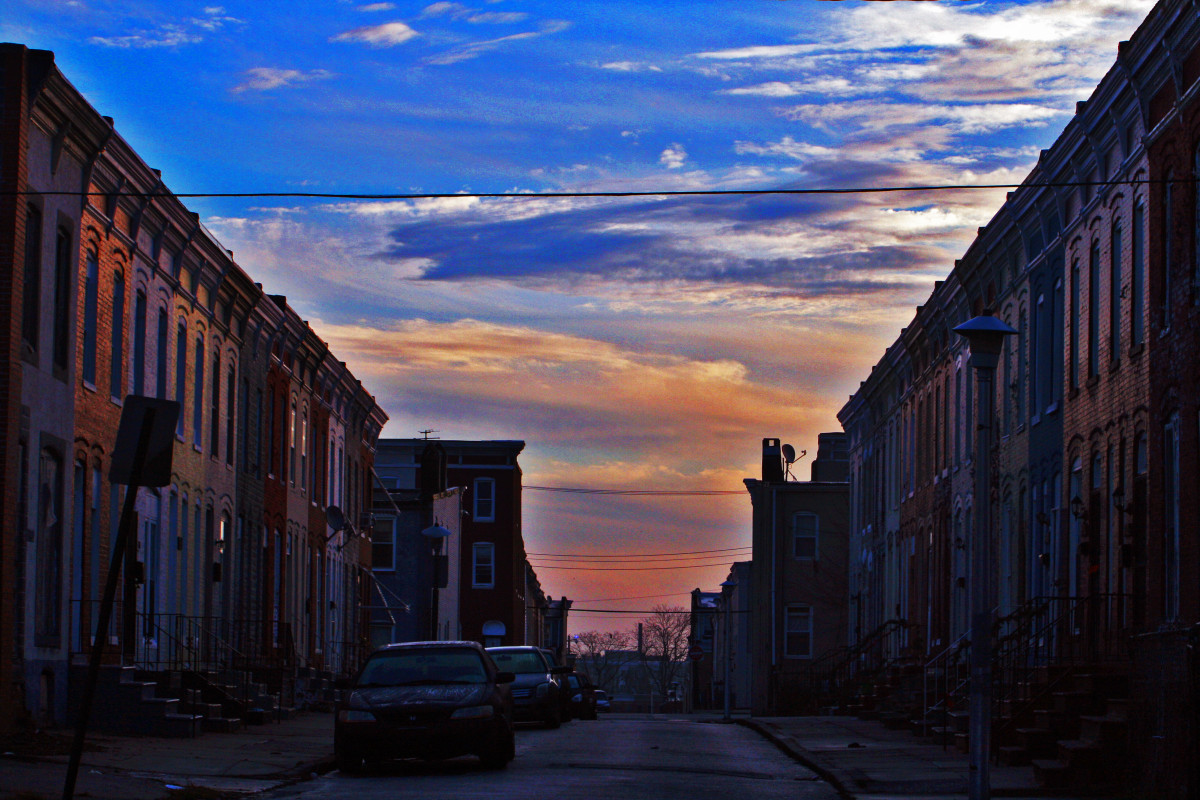The city’s political and economic development leaders sent off their bid to bring Amazon’s HQ2 to Baltimore on Wednesday. With Thursday’s deadline, the waiting period now begins for the ecommerce giant to make a decision.
The package that was delivered contained tax breaks that the Baltimore Sun reported were in the billions, as well as a litany of reasons why the company should choose Baltimore, from its “shovel-ready” site in Port Covington to its low cost of living.
But the process that Amazon kicked off a little more than month ago with its RFP has been about more than numbers. For the city’s political and economic leaders, the prospect of 50,000 jobs also had the effect of bringing them together around a single goal in rapid fashion. As Mayor Catherine Pugh noted, “The proposal was a truly collaborative effort and process.”
The size of the project also means it has the potential to transform the city. So in considering whether Baltimore has what it takes to attract such a project — one that may not even be Amazon — it was also a moment to consider the city’s future.
It was a question we posed at the beginning of the month at a stakeholder meeting of tech community members to kick off Baltimore Innovation Week. Technical.ly organized the event.
Given the scope of what Amazon is seeking in its criteria, the process can reveal what a city has, and what it needs. It can also start a conversation — one that weighs the good, but also the bad.
“How do we look at that spectrum and say, what are the stepping points that we need to move forward on?” said Yet Analytics cofounder Margaret Roth.
Yair Flicker, CEO of dev agency SmartLogic, noted that the proposal shows the importance of cities having public transportation. The city has laid a foundation to create more bike lanes, but more could be done.
Overall, such a company could make a huge change in a city facing challenges that stem from decades of inequality and economic upheaval — and that might even be a selling point for a company to choose here. Ed Mullin of the Baltimore Robotics Center has seen other companies move to the city because of their potential for impact.
“Can you turn it on them and say, ‘If you move to Austin what have you really done? But if you move to Baltimore and you’re a big fish in a little pond, you could make huge impact to the economy there.'” Mullin said.
But there’s also the question of whether the divides that exist would become more stark.
“If we’re thinking about attracting big business, then inclusive innovation and equity needs to be a central focus in that. If not, then we’re going to exacerbate the needs that we already have,” said Code in the Schools Communications Director Charlotte James.
Those building tech companies in the city around the table immediately turned to talent. Steve Feldman, the VP of engineering at Canton-based Contrast Security, sees the cybersecurity and engineering talent in the city. That’s why his growing company decided to locate the bulk of its dev operation in the city. Feldman said he already sees companies like Amazon in the area as he is looking to recruit in the area’s universities.
“Amazon’s pretty smart. They’re realizing the Baltimore higher-ed system around Hopkins, Towson, UMBC and Loyola have this bevy of talent that my company’s trying to tap into,” Feldman said. “I’ve been been at every college for the last three weeks and it’s all West Coast companies and big government contractors just taking the mind power out of Baltimore.”
Of course, if Amazon had a large operation bringing more workers here, that talent would be staying in the area. And it could have a network effect for other industries. Emily English, COO of Gemstone Biotherapeutics, counted biotech as one.
“There will be thousands that come with them with degrees in other fields. That creates an opportunity for those folks to really seed talent in businesses that don’t directly work with Amazon,” she said.
By the same token, entrepreneur Gabe Pendleton sees potential for those workers to potentially spin off companies and create new firms here.
As CEO of of Locust Point software development firm Mindgrub, Todd Marks also sees potential competition for talent. However, he’s come to the conclusion that it would be a “short-term hit for a long-term gain.”
“Amazon would be real competition for me coming into town, but it would be a good thing for the city,” he said. “Big brands would ultimately help put us on the map nationally.”
The bid is already gaining some attention. Downtown Partnership of Baltimore Vice President of Communications Lauren Hamilton noted that she spoke to a colleague in Austin who noted that Baltimore had a shot.
Prospects aside, the attention can be a good thing for future company-attraction efforts “if there’s somebody else out there who says ‘Amazon is looking at Baltimore, maybe we should look at Baltimore,'” she said.
Things to point to can come from within, as well. The roundtable offered just a sampling of the community of emerging businesses that already exist in the city. Notice and Comment CEO John Davis gave voice to building up an environment that would welcome such companies “organically.” Structural changes that get attention to attract big businesses could be made to help the companies that already chose the city grow, he said.
“Why not roll it out for us instead of waiting for the next huge company to come?” Davis said.
The Amazon HQ2 bid could shape the tech community’s future, even if Baltimore doesn’t win







